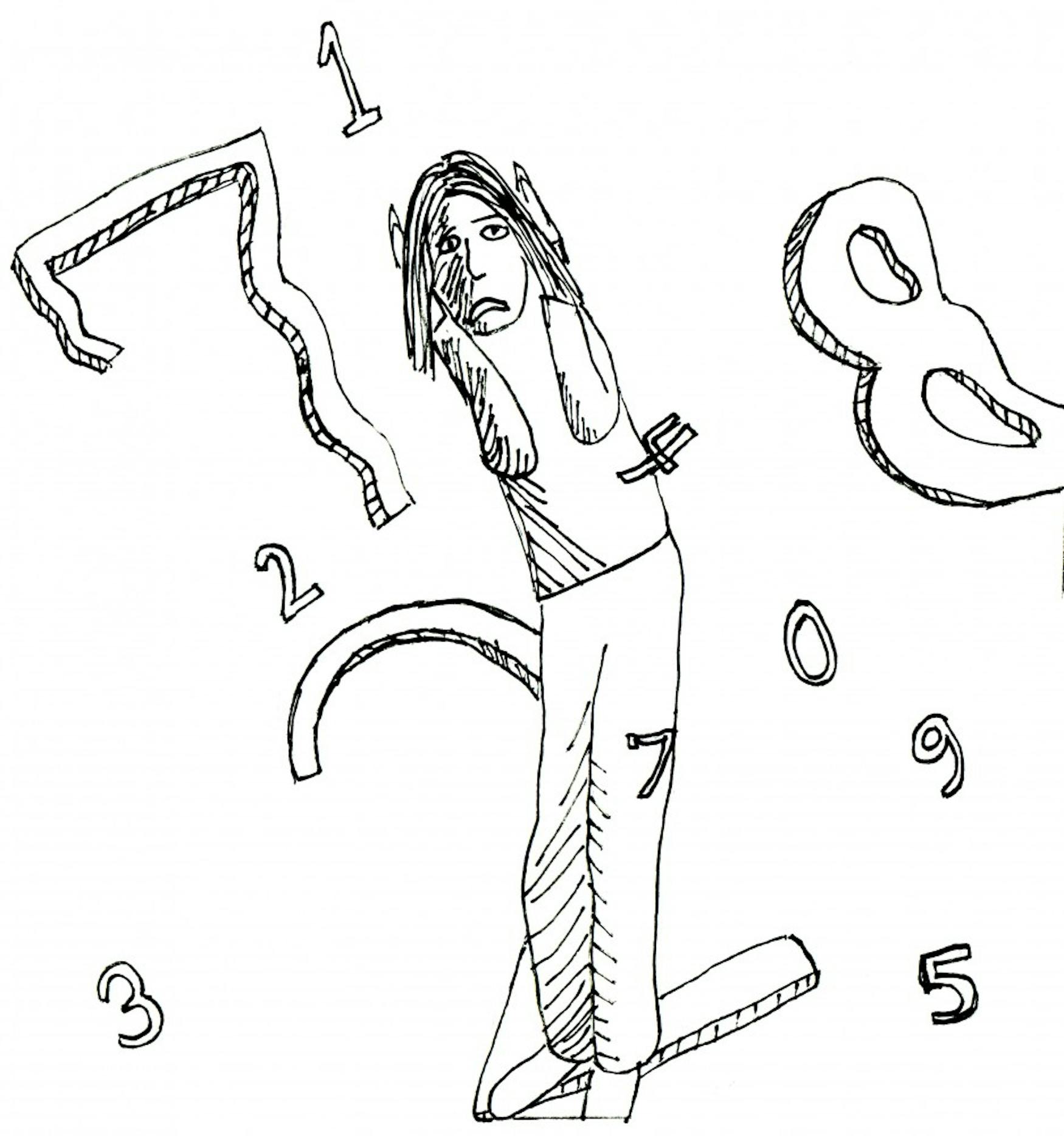Editorial: Housing system faces technical problems
Another year, another month of students complaining about the University’s housing lottery. The limited amount of housing creates a situation by which many students are left without housing, and there will always be dissatisfaction until more housing is built — a priority this board urges the University to act on. Until then, we have to work within the system that currently exists. The Department of Community Living has made some improvements in the past few years, but there is still more that can be made.
The new live availability website is a commendable step in increasing transparency for students during the housing selection process. It allows students to track the exact number of beds left — not the number of suites, triples or doubles remaining — and it refreshes every half hour. This alleviates the stress students feel when they don’t yet have access to housing availability, as they can plan accordingly. However, there is no easy link to this page. It requires a Google search or access through DCL’s social media pages, which makes it difficult to find. There is also no index page for this portion of the website, which makes it easier to lose track of one’s place.
In addition, it would still be helpful if DCL went back to publishing the last number chosen in previous years. Although we understand that housing selection is determined more directly by selection time than number, historical numbers provide a gauge of where one’s number falls in the lottery process. As long as it is clear that a students’ number by no means indicates present housing availability, it would be a useful tool for students to plan their housing groups.
This board also takes issue with some of DCL’s housing decisions in the past year, namely their decision to open Skyline up to upperclassmen. While Skyline is a good residential location for those with disabilities, DCL’s decision also opens up more spaces in the Charles River Apartments for sophomores. Sophomores are not allowed to keep cars on campus, so they are forced to rely on the BranVan, which makes the distance that comes with living in those apartments difficult. The number of students and rooms available per residential hall do not align perfectly, but there is no reason to have 70 spots open for upperclassmen in Skyline, further breaking apart class years. For example, the 58 spots in Village A could be opened up to upperclassmen housing, which would keep that community together, since the rest of Village is reserved for study abroad housing mostly taken up by juniors and seniors. The remaining 12 spots could come in the form of opening up more Charles River Apartments to upperclassmen. Part of University President Ron Liebowitz’s “Framework” is to build class year communities, but that cannot happen if those communities are being broken apart in the current housing process.
The reason housing is so difficult is that the quality of residential halls on campus does not meet students’ desires — why live in the Charles River Apartments or East Quad when the Ridgewood and Ziv Quads have air conditioning and elevators? Why are the on-campus options for upperclassmen so limited, delegating most of those class years to the Charles River Apartments? The number of people per room also varies, which makes it difficult for people to form housing groups. If a group thought they had a number that would get them a Ridgewood suite, they would create a four-person housing group on MyHousing. However, if by the time their lottery time comes, all the four-person living areas have been taken, that group now has to scramble to find a fifth or sixth person for a Grad or Ziv, respectively. This places an undue burden on students that could be remedied with a system similar to the one Muhlenberg College uses — the largest suites are chosen first, allowing groups to break into smaller groups if they do not get their first choice.
However, the biggest problem with the housing lottery is the fact that it does not address students’ financial needs. Many low-income students receive a large financial aid package that increases proportionally depending on their tuition and room-and-board costs. That means much of the latter can be covered — depending on students’ financial needs — which would allow that student to stay at the University without accruing debt from housing costs. But when a student does not have a sufficient number, or cannot find a group to be pulled into, they are forced into off-campus housing. In a system that is seemingly fair to all, the students with financial need are actually hurt the most.
This board acknowledges there is no easy fix to this problem, but we do recommend a possible solution: a petition system for students to be placed in the lower third of the lottery system. Students in this financial aid situation whose lottery numbers place them at risk of not being able to get housing on campus do not have to be treated the same way as those who need health accommodations, but they still need assurance of on-campus housing. A joint committee, made up of both financial aid and community living staff, would assess the financial need of a student as well as the possible increase in cost of a student going off-campus. If a student submits a request for review and provides a case for a substantial financial burden, then they would be placed in the lower third of the lottery, guaranteeing some form of housing on campus and a reasonable cost of getting a higher education without living at home.



Please note All comments are eligible for publication in The Justice.